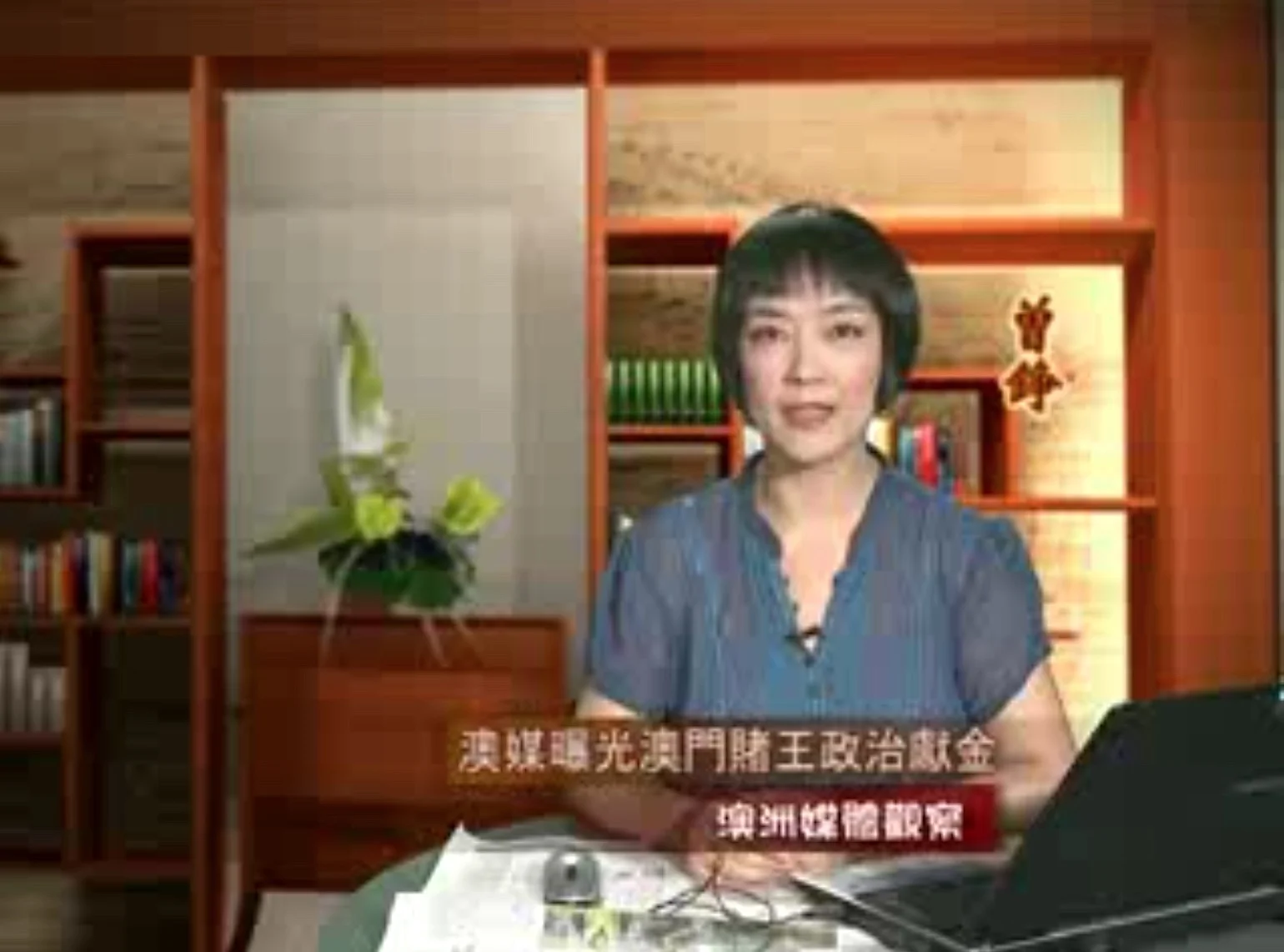Senate Hearing: It’s High Time to Stop China’s Economic Coercion
According to Markey, rules that the United States put in place across the globe in the wake of devastating world wars have created “a level playing field for all.”
“Unfortunately, the Chinese government is undertaking coercive activities across the board: economically, militarily and politically that threaten to alter this playing field,” Markey said.
The First Ever Ministerial to Advance Religious Freedom Inspires Hope
Zhang Erping, a practitioner of the spiritual discipline Falun Gong, said he felt encouraged by seeing religious freedom discussed at a ministerial level for the first time. He hopes that international condemnation can do more to end the persecution of the practice in China, which has lasted for more than 19 years.
The First Ever Ministerial to Advance Religious Freedom ‘Sends a Message to the World’
A roundtable focusing on religious persecution in China set the stage on July 23 for the U.S. Department of State’s first ever Ministerial to Advance Religious Freedom. The ministerial signals that the Trump administration intends to place religious freedom at the center of its foreign policy agenda.
Trump Improving Relations With Russia Pressures China
According to a popular Chinese commentator, a possible second summit between President Donald Trump and President Vladimir Putin would be part of a game of “wooing and swaying” among the United States, China, Russia, and Europe.
Nineteen Years Onwards, ‘We Are More Optimistic’
Nineteen years are more than enough for a generation to grow up. Yet the same generation of people are still coming back to Washington, around the same day each year, to call for an end of the now 19-year-long persecution in China of the spiritual practice of Falun Gong. Some bring along their children born during these years.
Under a Bright Sky, a Call to End a Dark Persecution
On a warm, sunny day, a group of around 600 people gathered at the Washington Monument with a most gloomy message: “19 Years of Torture; 19 Years of Murder; 19 Years Too Long,” said one banner. They gathered to call for an end to the now 19-year-long persecution of Falun Gong in China, which started on July 20, 1999.
Why Are People Particularly Moved by "Free China" Movie
Deep within our hearts we all long for goodness, kindness, beautiful and wonderful things; we all long to live in a better place, and be surrounded by kind-hearted people.
華人:神韻救人 紅歌停 看神韻
「神來之筆,完美無缺……神韻也好、大法也好都是在救中國」
悉尼民眾大規模響應全球絕食抗暴議員聲援
自由文化人協會代表曾錚女士在發言中表示,之所以叫「自由文化人」,是想表明不再受中共精神控制和文化污染。
Members of European Parliament Speak Out for Justice for Falun Gong
The audience for the screening included MEPs from EU member countries, members of staff from three major EU institutions, representatives from non-governmental organizations, and other dignitaries.
新唐人《澳洲广角》第257集-含曾錚評論-澳門賭王澳洲「豪賭」之爭議與聯想
「共產黨沒有黨產」及「黨養活了十三億中國人……」
【讀史筆記之十四】德化天下與找尋真相
如果人類的德行不能駕馭人類的科技,人類將走向何方?在這樣的亂世與危局中,如果神依然在照看著人,那麼他的使者又必須具備何種德行、會以什麼樣的面目出現?



















